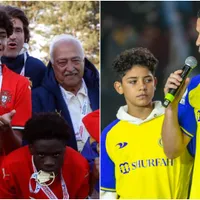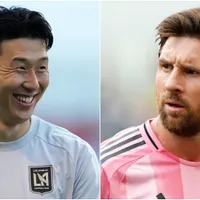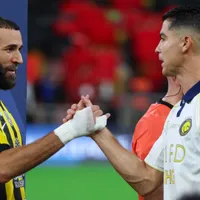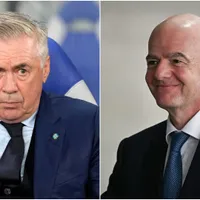About ten years ago, a global corruption scandal rocked the soccer world, resulting in indictments and convictions of numerous officials. The scandal involved bribery and fraud schemes.
New legal evidence, however, calls into question the constitutionality of these convictions. It also questions the extent to which American justice may pursue foreign persons implicated in global wrongdoing.
This argument brings up larger concerns about the extent to which American justice may go.
It also determines how international law can be enforced.
Especially in cases involving organizations like FIFA that have always been exempt from legal responsibility. An investigation into decades of bribery and corruption inside FIFA led to a leadership shakeup; the probe was one of the biggest cross-border corruption investigations in the United States’ history.
Challenges to US authorities
US authorities have recently faced criticism for their resource allocation and harsh prosecution techniques, especially in light of recent court failures. There is a great possibility of having convictions reversed and assets restituted. Thus, it has sparked doubts over the legal system’s effectiveness in preventing future wrongdoing.
Many prominent people, including ex-national soccer leaders, are trying to use the current legal uncertainty to their advantage, as per The New York Times.
They hope to cleanse their identities and recover confiscated assets. Both the destinies of the guilty and future instances of international corruption may hinge on the decisions reached in ongoing appeals.
Juan Angel Napout’s quest for redemption
Paraguayan ex-FIFA executive Juan Angel Napout recently said in an interview that he was convicted to serve as an example. “Why me? They needed somebody, and it was me.”
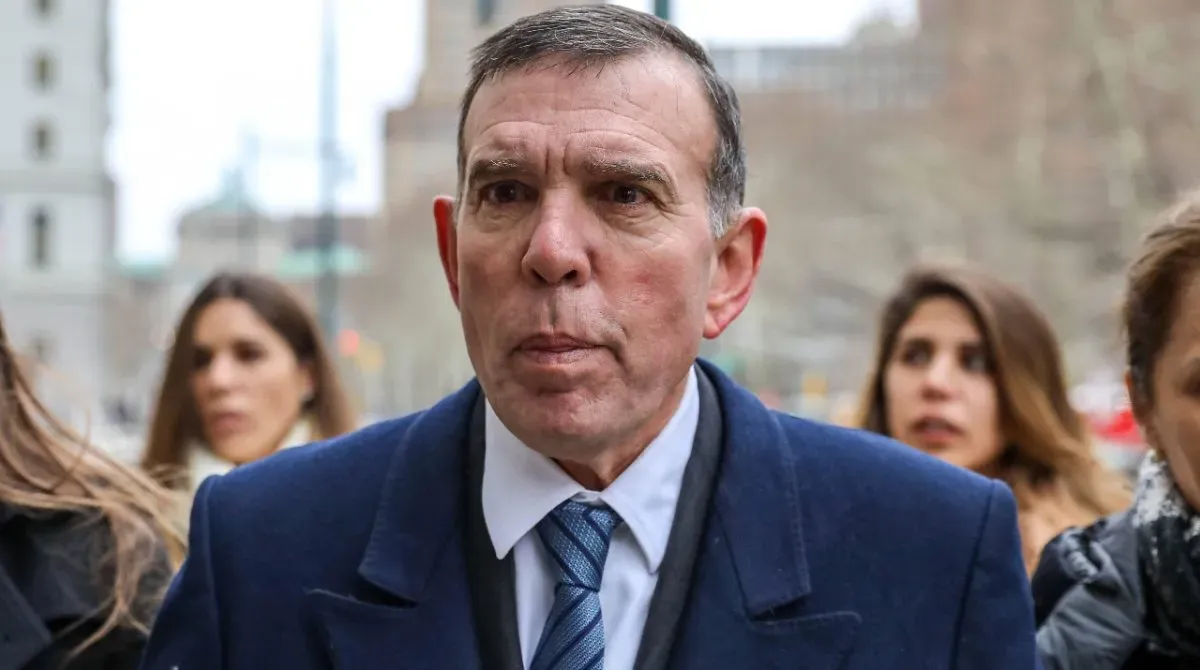
Juan Angel Napout outside of court
The US government has sent over $120 million in forfeited funds to FIFA and promised to release tens of millions more. The former CONMEBOL president paid almost $4 million to them.
The 65-year-old is now requesting the United States to overturn his conviction and reimburse him for the money he received upon his release from jail last summer. He is now back home in Asuncion.
Of all the people involved in the massive case, Napout spent the most time in prison. He went from living the high life to living the low life as a prison chef in Florida. He said he was simply acting “so my record will go clean” because his family begged him to do so.
In fact, he hadn’t even thought about appealing until September, when he heard of the acquittals. He isn’t the only one who’s jumping at the possibility of a fresh start, especially since the government is appealing the recent acquittals.
At the same time, FIFA’s decision-making procedures and openness are still under fire. A number of people are questioning the organization’s responsibility after it awarded Saudi Arabia the right to host the 2034 World Cup without conducting competitive bidding.
As lawsuits progress, they will affect more than just sports; they will affect questions of jurisdiction, responsibility, and the worldwide fight against corruption. Although the final verdict is still up in the air, the FIFA controversy should serve as a lesson on the difficulties of seeking global justice.
Photo credit: IMAGO / Insidefoto



